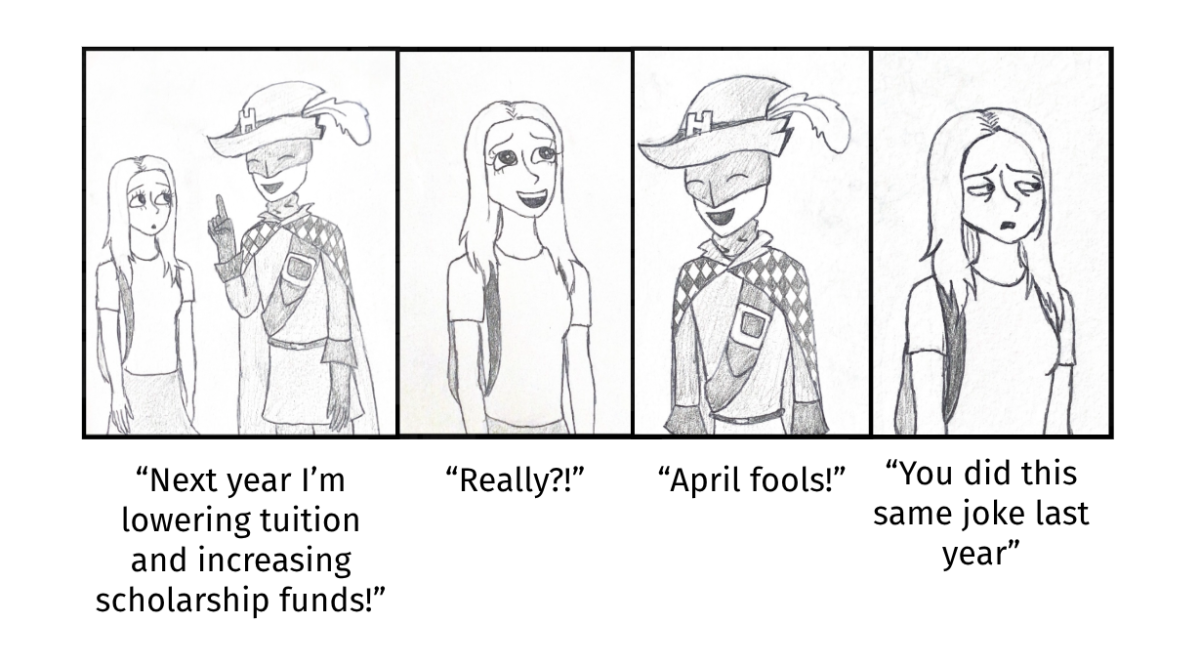
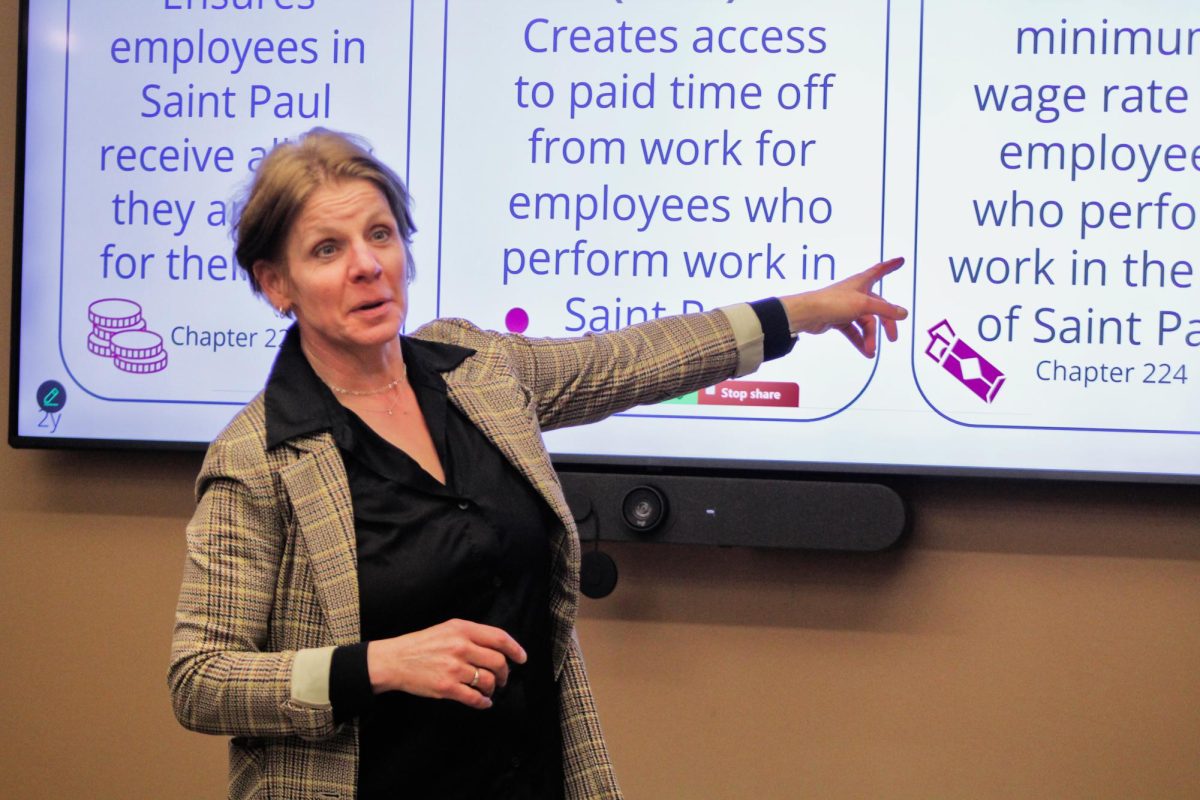
Over the past several months, federal changes under the current administration have sparked questions regarding the next steps states will take....
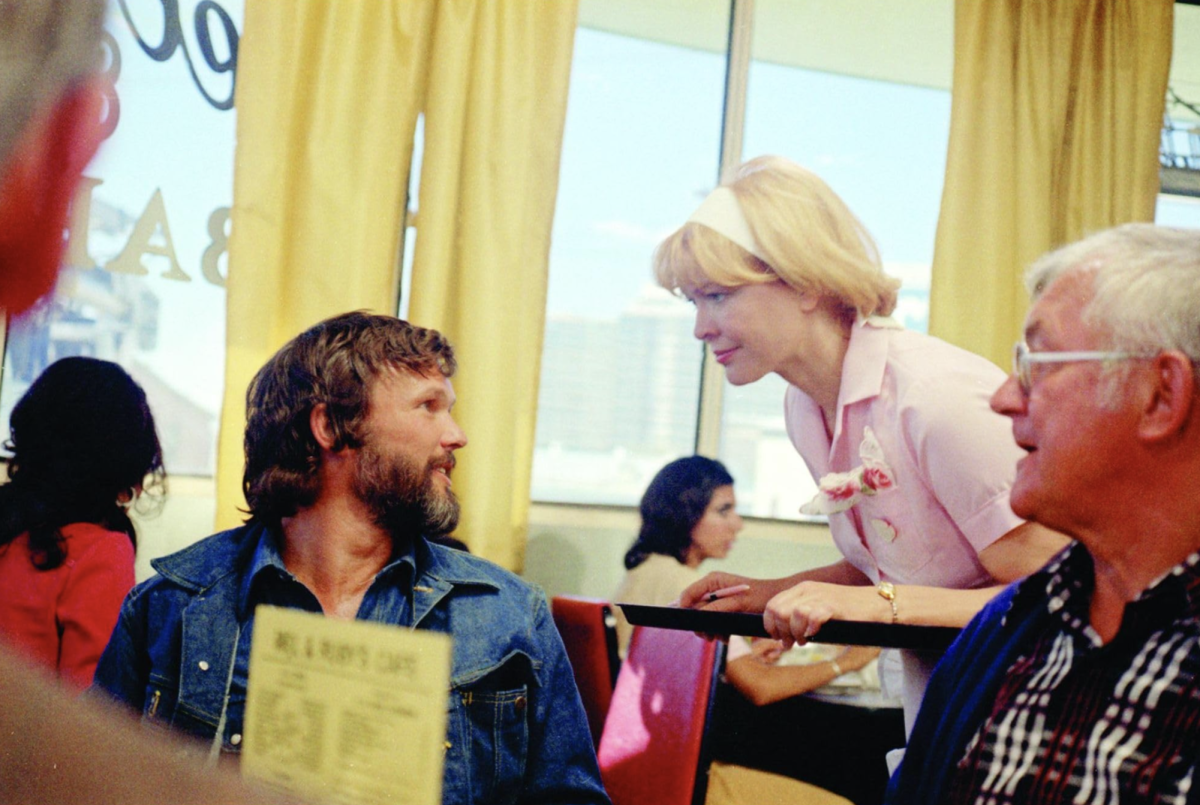
“I'm out there, spending too much money on clothes... trying to look like maybe I'm under...

The Gender, Sex, & Sexuality Resource Center (GSSRC) at Hamline University, as well as...

Nearly a year after graduating from Hamline in 2024, alumna Kyra Richardson has been...
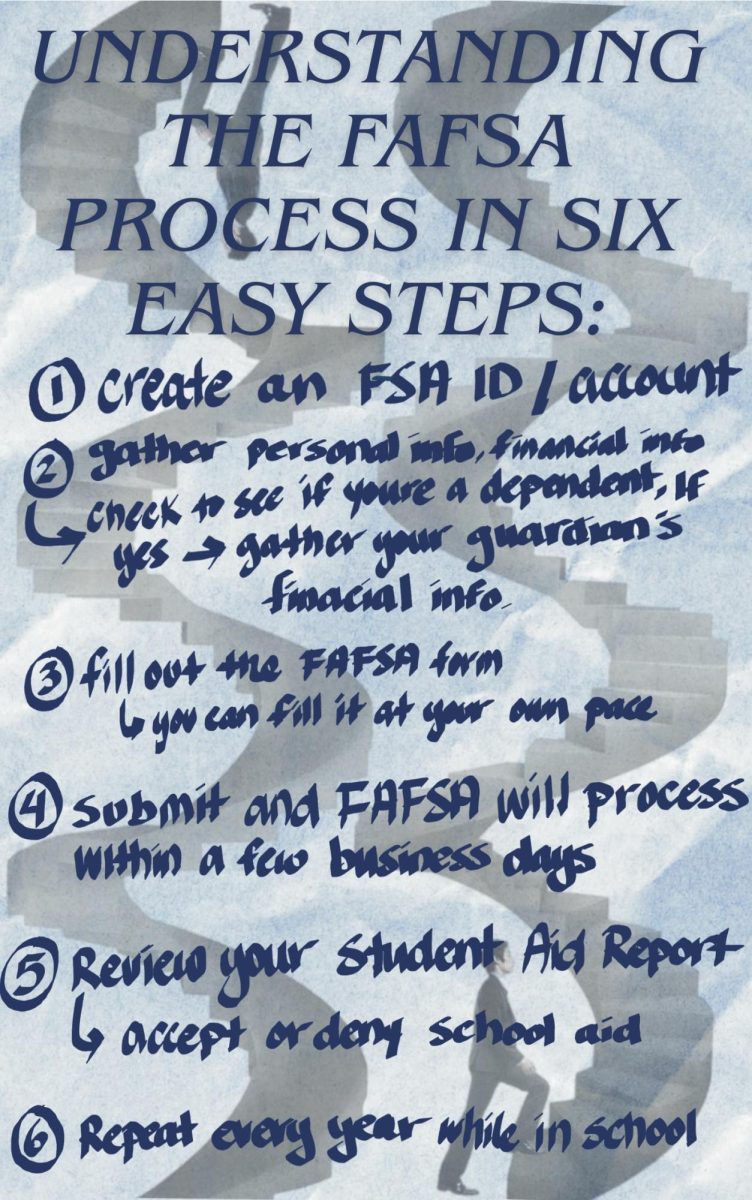
For college students, the question of financial aid is a pressing one. Hamline boasts...

The “Campus Changemakers Celebration” is a campus event that started 16 years...

This last week I was gifted the opportunity to see the iconic Blue Man Group live...

Climate change is seeping into the fabric of everyone’s daily lives. As people...

Before his track season began this spring, first-year student athlete Ricky Kwabena Yawson has been in the Hamline spotlight for quite some time....
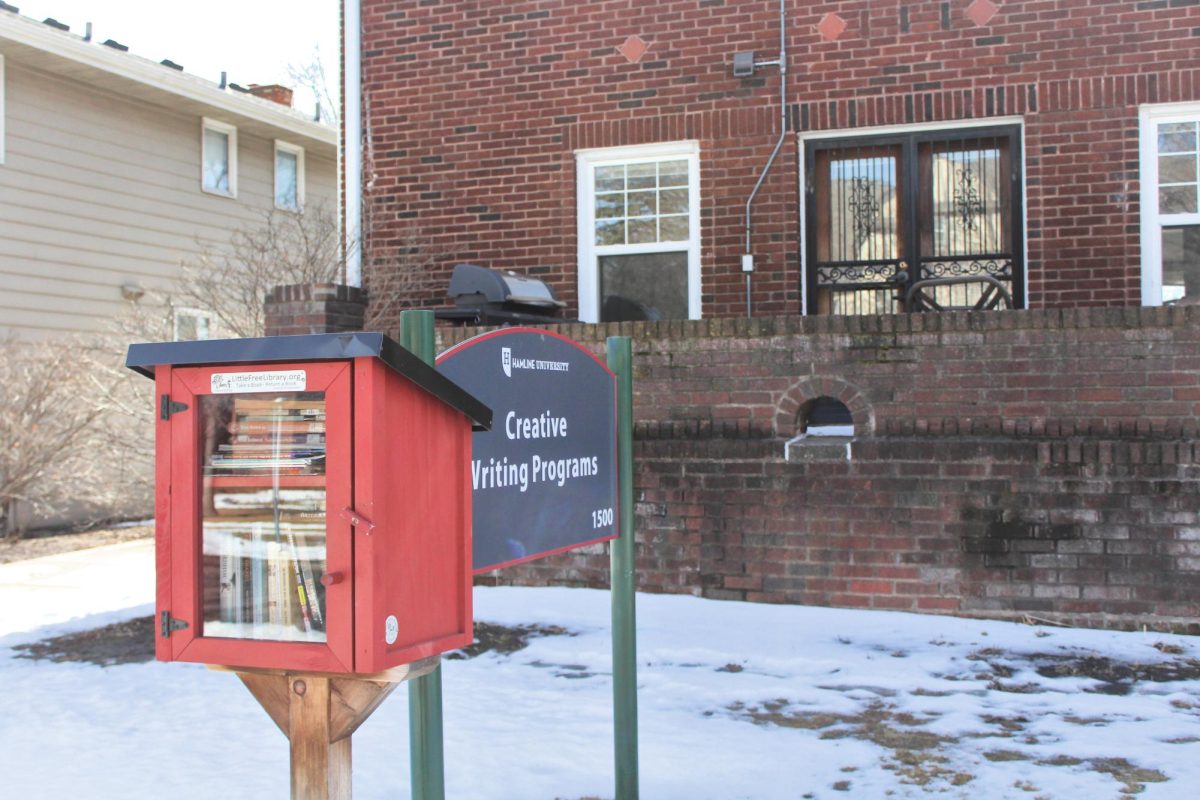
Since the announcement of the interim administration’s plan to sunset Hamline’s Master in Fine Arts (MFA) in creative writing and the Water~Stone...
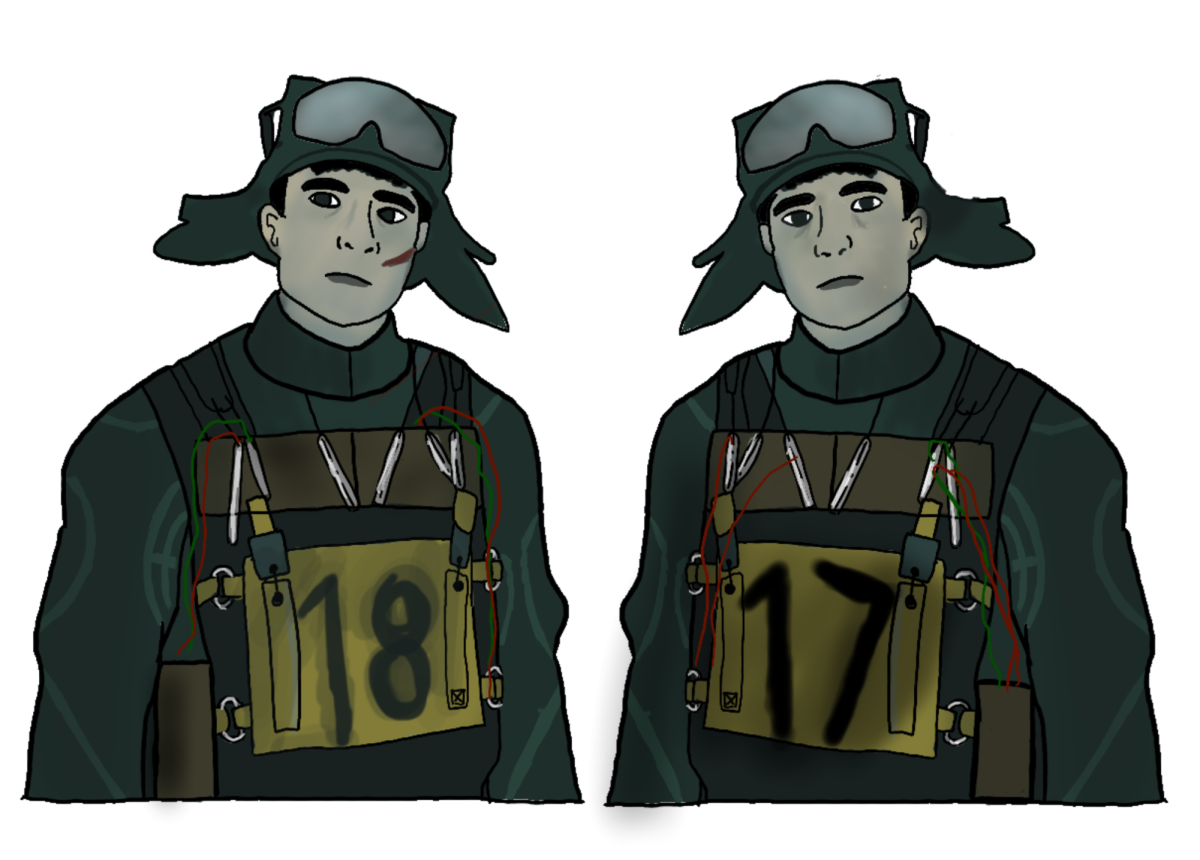
“Hey Mickey, I’m sure you’re used to it by now, but what’s it feel like to die?” After Bong Joon-ho’s victory at the 92nd Academy...

Across the country, many incoming and current college students worry about how they will pay for their college tuition under the new presidency,...

